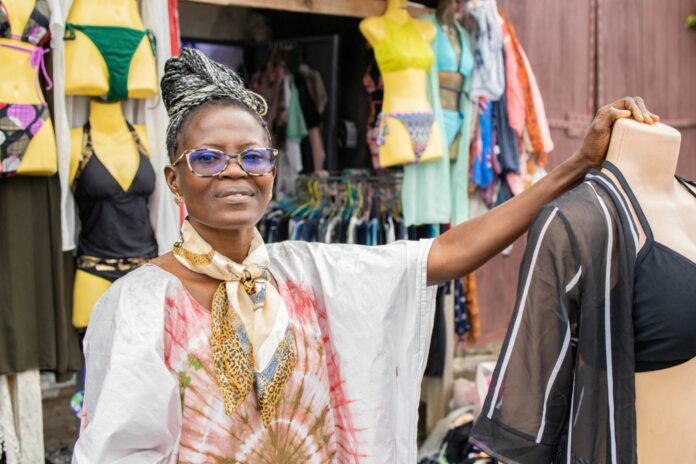
Geneva – More than 69,000 migrants were assisted to voluntarily return home in 2022 by the International Organization for Migration (IOM) according to the latest Return and reintegration report. This represents a 39 per cent increase in assisted returns compared to the previous year.
Among those assisted were 54,001 migrants assisted under IOM’s Assisted Voluntary Return and Reintegration (AVRR) programmes as well as 15,281 migrants assisted to return from the humanitarian contexts of Libya and Yemen under IOM’s Voluntary Humanitarian Return (VHR) programmes.
The report, which shares details and trends of assisted voluntary returns by IOM, further highlights a 70 per cent increase in the number of migrants in vulnerable situations who were assisted to voluntarily return from 4,446 in 2021 to 7,561 in 2022. The proportion of migrants in vulnerable situations have steadily increased during the last five years which underscores the need for specialised protection and IOM’s expertise in this area.
“The reported increase of migrants in vulnerable situations in the 2022 Return and Reintegration Key Highlights underscores the importance of a rights-based approach in return and reintegration programmes and ensuring that tailored specialised protection is available to those in need,” said Yitna Getachew, Head of IOM’s Protection Division.
Geographically, the Middle East and North Africa surpassed the European Economic Area as the primary host region, accounting for 33 per cent of the total caseload. Niger was the main host country with a total number of 15,097 migrants assisted to return, reconfirming the trend from previous years with an increase of returns from transit countries in other host regions outside of the European Economic Area.
To ensure migrants have access to tailored support, opportunities, and follow-up to enable them to regain economic, social, and psychosocial stability in their communities of origin, IOM provided more than 170,000 reintegration-related assistance either prior to return in the host country or after arrival in the country of origin.
IOM and its partners have developed tools to support a rights-based approach to return and reintegration such as the operationalization of its Policy on the Full Spectrum of Return, Readmission and Reintegration, including its internal Return and Reintegration Due Diligence Process that places individuals at the heart of every decision or process related to their return and reintegration, with a strong focus on their well-being and the protection of their rights.
The views expressed in this article are the author’s own and do not necessarily reflect The Chronicle’s stance.








